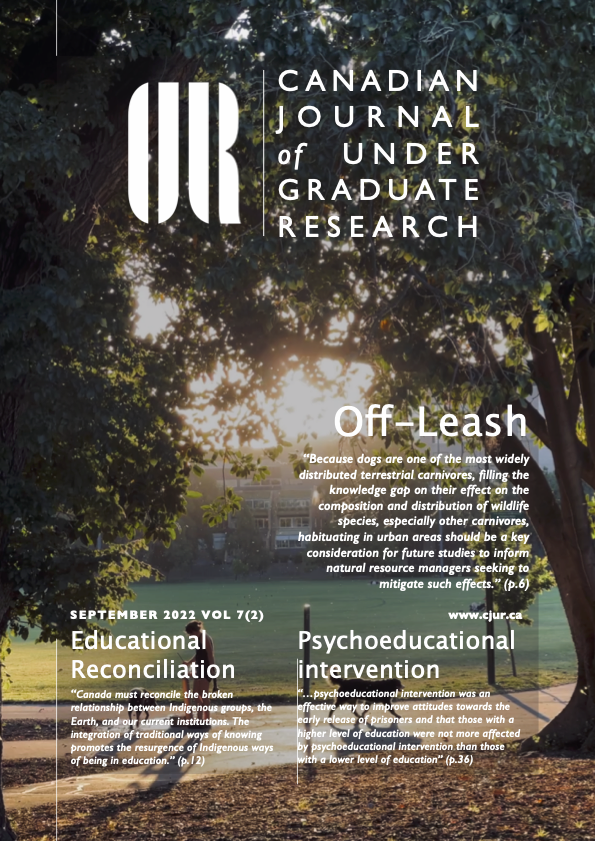Perceived Stress, Belief in Conspiracy Theories and Anti-vaccination Attitudes in Canadian Sample
Abstract
Background: The use of COVID-19 vaccinations to prevent illness has been accepted by approximately 2/3rds of the general Canadian public at the completion of this study (August 2021). Although vaccines are widely accessible in North America, there remains a portion of Canadians who are vaccine hesitant. We hypothesized that a greater tendency to subscribe to conspiracy beliefs in general would be predictive of an anti-vaccination attitude in respect to the COVID-19 vaccine. We also hypothesized the higher levels of perceived stress would be related to a greater tendency to adopt conspiracy-based beliefs.
Methods: An online survey was used, and the primary investigator recruited 51 participants from the Vancouver, British Columbia region. The survey consisted of 25 Likert-scale questions and was divided into three sections: vaccination attitude, perceived stress, and generic conspiracy beliefs.
Results: The analysis revealed a significant negative regression coefficient between conspiratorial thinking and vaccine attitude (b = -0.465, p < .001) in our participants. All the remaining coefficients were non-significant (p > 0.603).
Discussion: The results confirmed the hypothesis of a correlation between vaccination attitudes and general conspiracy beliefs. The secondary hypothesis of a correlation between vaccination attitudes and perceived stress was not supported. The primary investigator explored the role scientific uncertainty plays towards trust and conspiratorial thinking.
Published
Issue
Section
License
Authors who publish with this journal agree to the following terms:
- Authors retain copyright and grant the journal right of first publication with the work simultaneously licensed under a Creative Commons Attribution License that allows others to share the work with an acknowledgement of the work's authorship and initial publication in this journal.
- Authors are able to enter into separate, additional contractual arrangements for the non-exclusive distribution of the journal's published version of the work (e.g., post it to an institutional repository or publish it in a book), with an acknowledgement of its initial publication in this journal.
- Authors are permitted and encouraged to post their work online (e.g., in institutional repositories or on their website) prior to and during the submission process, as it can lead to productive exchanges, as well as earlier and greater citation of published work (See The Effect of Open Access).

